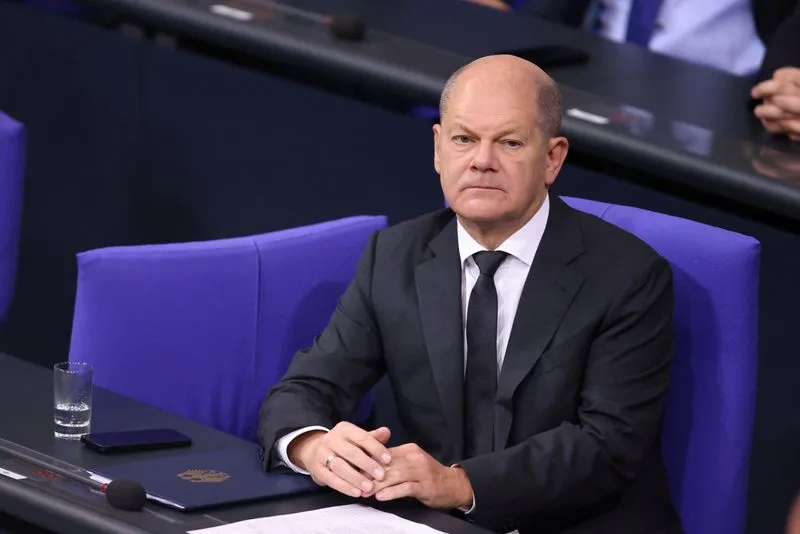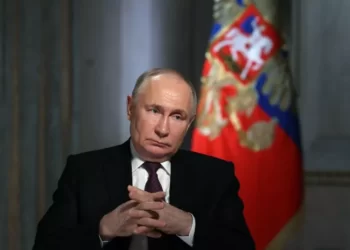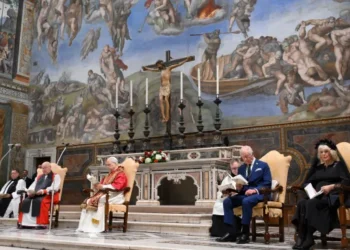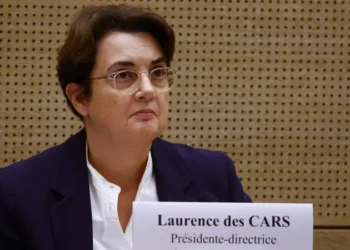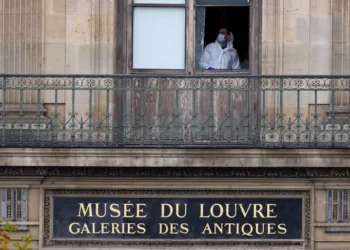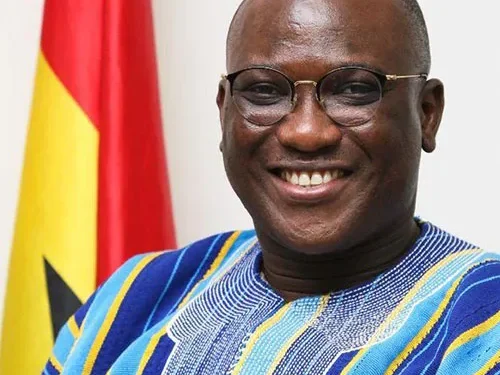German Chancellor, Olaf Scholz has lost the confidence vote, paving the way to a snap election on February 23, 2025.
Of the 717 votes tallied, 207 gave Scholz their confidence, 394 did not and 116 abstained. Scholz had required 367 confidence votes to “win” the ballot.
Speaker of the Bundestag, Bärbel Bas, using the nickname of the now defunct three-way coalition, stated, “We have reached the end of our daily agenda, and also of the traffic light coalition.”
Scholz smiled at the result and shook the hand of his Vice Chancellor, Robert Habeck.
In a speech before the vote, Scholz disclosed that it is his goal to call an early general election, saying that he aims to shore up trust in the future of the country by ensuring prosperity and security. “We need more economic growth.”
Scholz also cited the necessity of investment to continue supporting Ukraine in its defence against the Russian invasion while funding the German military.
However, he stressed his opposition to sending long-range Taurus missiles or German soldiers to embattled Ukraine.
He repeatedly denounced his former coalition partner, the Free Democrats, blaming them for the collapse of the government with “weeks-long sabotage.”
Referring to their deep differences over fiscal policy, Scholz stressed the need for government spending to address the economic downturn.
“Not everyone in the coalition saw it that way. If there is a country in the world that can afford to invest then it’s us.”
Olaf Scholz
He urged a “modernisation” of the debt brake which curbs state investment.
Now that he lost the confidence vote, the Chancellor will head to Berlin’s Bellevue Palace to ask President Frank-Walter Steinmeier to dissolve parliament and allow a general election.
There will be seven major parties for which Germans will vote.
Four of the seven have made official announcements about their Kanzlerkandidaten – candidates for Chancellor.
The ever-present two dominant parties of German politics, the Christian Democrats (CDU) and Christian Social Union (CSU), unofficially known as the Union, make up one grouping. The Social Democrats, or SPD, form another.
Given the German system of proportional representation, the government tends to be formed in a coalition, usually headed by the CDU/CSU or the SPD.
The winner looks for a partner to form a majority.
Since 2021, Scholz’s SPD had governed in an uneasy coalition with the liberal Free Democrats Party (FDP) and the Green Party.
In the 16 years before Scholz’s three-party coalition, the CDU, under Angela Merkel, had relied on both the SPD and the FDP as partners in different governments.
The CDU/CSU this time around will be led by Friedrich Merz, and the SPD by the incumbent but deeply unpopular chancellor, Scholz.
Merz Pleased With Vote Outcome
Christian Democrat leader, Friedrich Merz was also pleased with the outcome and said today’s debate had allowed German voters to see clearly “what the differences are between the parties.”
He again defended FDP and Lindner after Scholz’s stinging sittliche Reife (moral maturity) attack and said voters would have a distinct choice also about “which political style” they preferred.
Before the confidence vote, Metz claimed that Scholz was not able to lead the coalition successfully as Chancellor, noting that the three parties “by the end didn’t belong together at all.”
The conservative opposition leader said that Scholz’s deficient leadership qualities undermined Germany’s place on the European stage. “It is embarrassing how you acted in the European Union,” he added.
Separately, Britta Haßelmann, co-leader of the Greens parliamentary group, also welcomed the lost confidence vote as a chance for a new start after a “damaging” period for Germany.
She said that the FDP bore “great responsibility” for that damage but said the Greens also wanted to look at “what we could have done differently” as a partner in the ruling coalition.
READ ALSO: Al-Assad Denies Planning Departure To Russia



